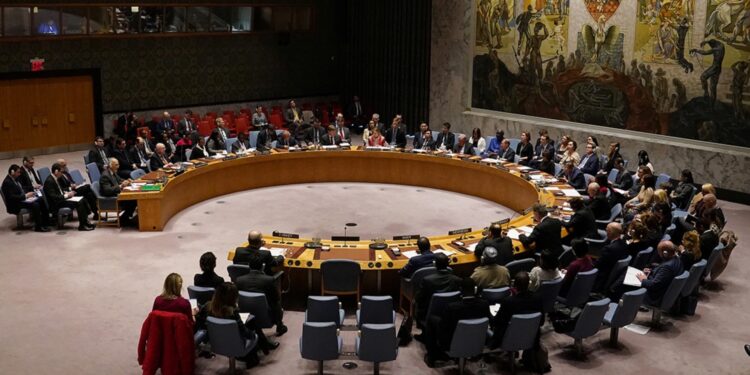top international experts, hosted by the United Nations, today released an urgent call for action to accelerate the development of AI for the benefit of humanity and to ensure that AI does not contribute to widening the technology gap between nations or lead to violations of human rights.
Addressing a special session organised, the experts said coordinated action at the global level is required to reduce the risk arising out of these disruptive technologies and make the best use of them in a responsible manner.
The analysts instead drew attention to the dual-use nature of AI, recognizing its enormous potential to do good for society in areas like health care, education and climate change.
But they warned that the same tools could be used against malicious users to wage more operationalized and automated attacks, up to highly accurate phishing campaigns, deep fakes in social engineering initiatives, and developing sophisticated malware.
“AI is developing but our ability to control it is lagging behind in terms of developing a response to the kinds of threats that may emerge and potentially spread very quickly,” explained Dr Anya Sharma, a top AI ethics researcher and member on the UN panel.
No country alone can overcome these challenges. Collectively, we need a global push to create ethic frameworks, fill the security potholes and collaborate internationally.”
The panel emphasized the interconnectedness of AI and cybersecurity, discussing how AI is not just a potential threat, but also a fundamental tool for defense. Advanced artificial intelligent (AI) based cybersecurity offerings can sift through large amounts of information to determine patterns, predict potential breaches, and automate responses, providing an extreme amount of value to an enterprise’s security stance.
But they cautioned against the dangers of overdependence of AI in security, which could suffer from adversarial attacks and be manipulated with AI algorithms.
Some of the key recommendations in the UN experts report are:
- Developing an international framework for AI that also addresses ethical issues, transparency, and accountability.
- Facilitate international cooperation and knowledge exchange regarding cyber security and threats and best practices.
- Pursuing investments in education and awareness programs to develop digital literacy and enable individuals and organisations to protect themselves from cyber risks.
- Promote AI security R&D and investigate tactics for defending against AI-based attacks.
- Creating ethical frameworks for the responsible AI cyber use, oversight by humans and handling the bias in the AI systems.
The time for action is now, the authors reflected, calling on world governments, industry and civil society globally to take unified action to chart the way forward. Without it, they cautioned, the advantages offered by the AI era may be lost to the growth of security threats and their devastating impact on global stability and prosperity. These recommendations will be considered by the UN at its next General Assembly meeting in New York.










![Online Scam Cases Continue to Rise Despite Crackdowns on Foreign Fraud Networks [Myanmar] Online Scam Cases Continue to Rise Despite Crackdowns on Foreign Fraud Networks [Myanmar]](https://sumtrix.com/wp-content/uploads/2025/06/30-12-120x86.jpg)





